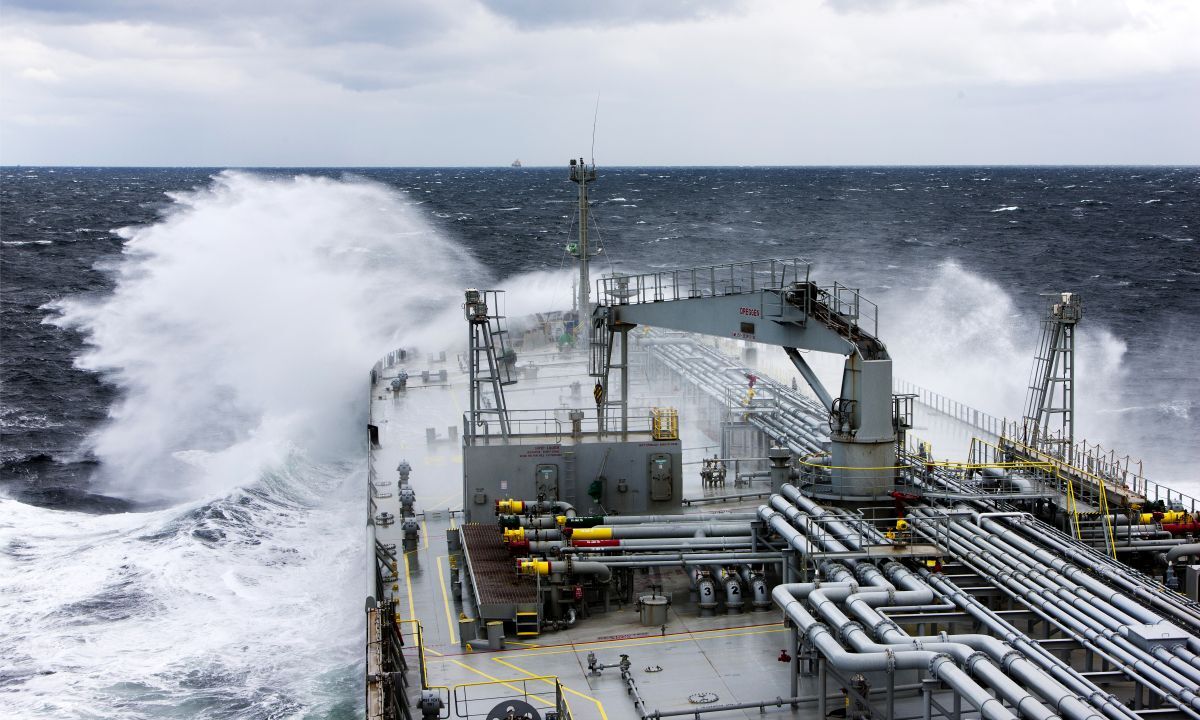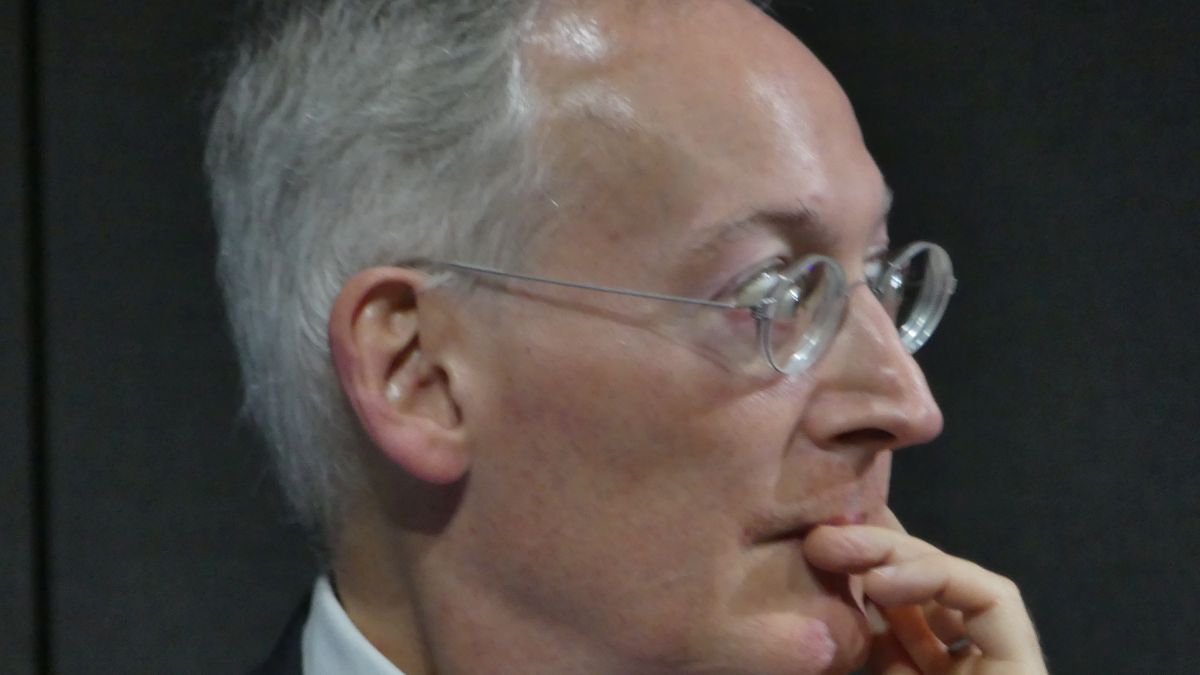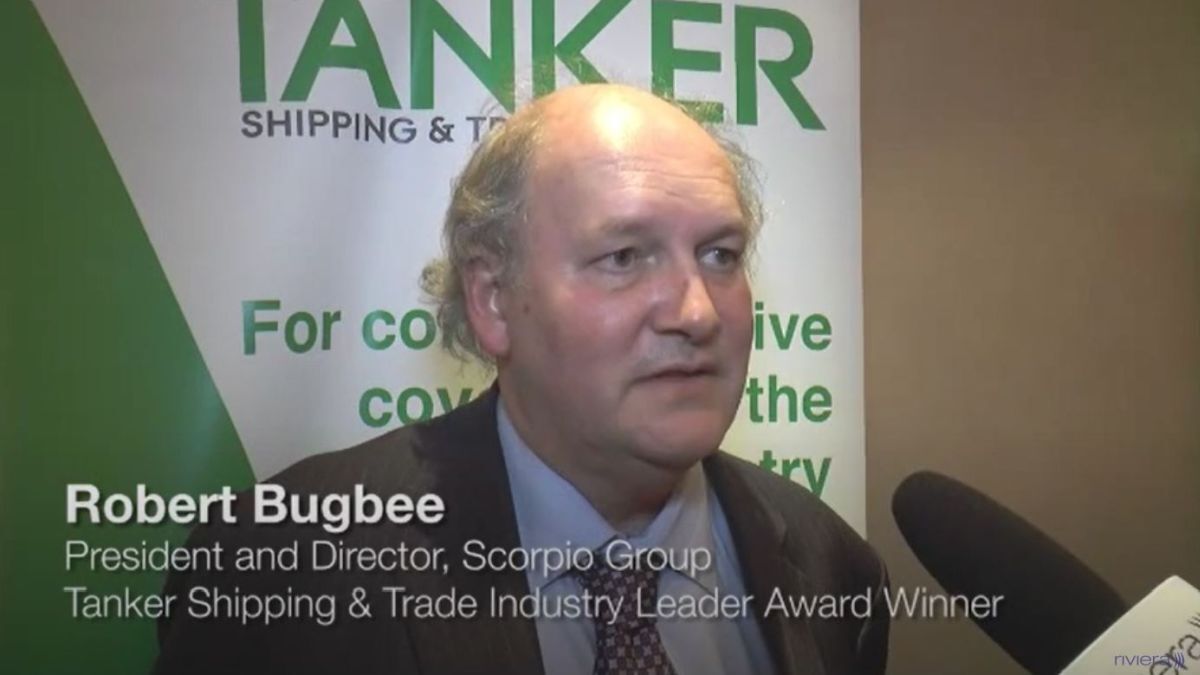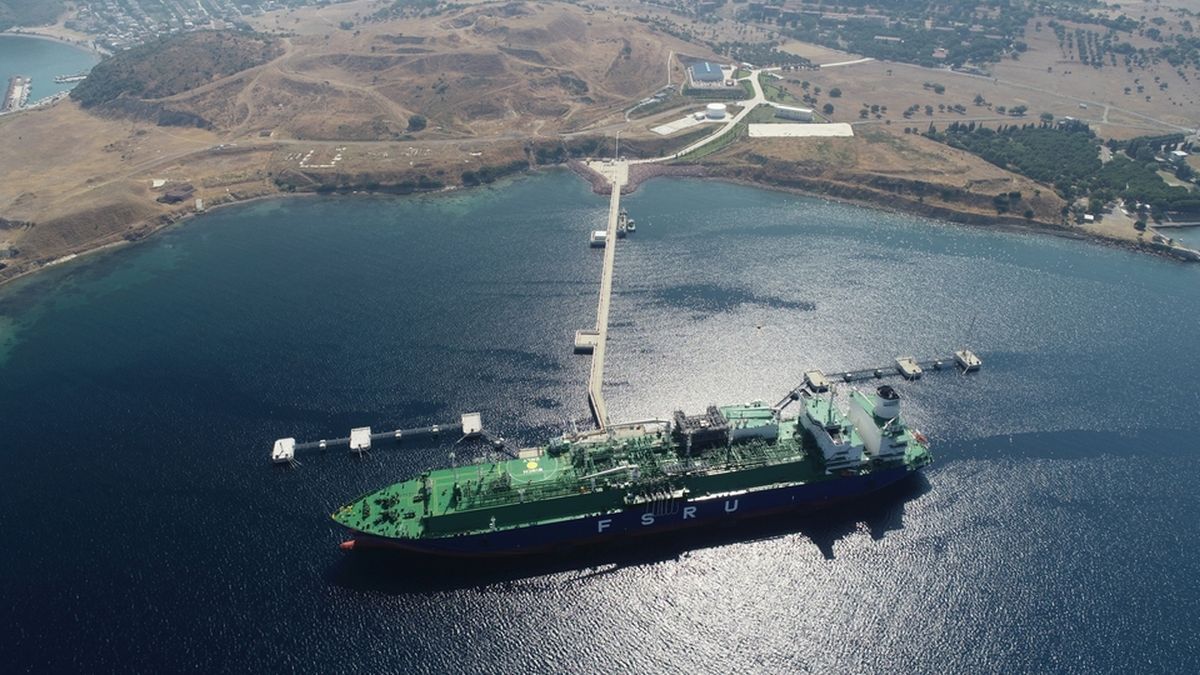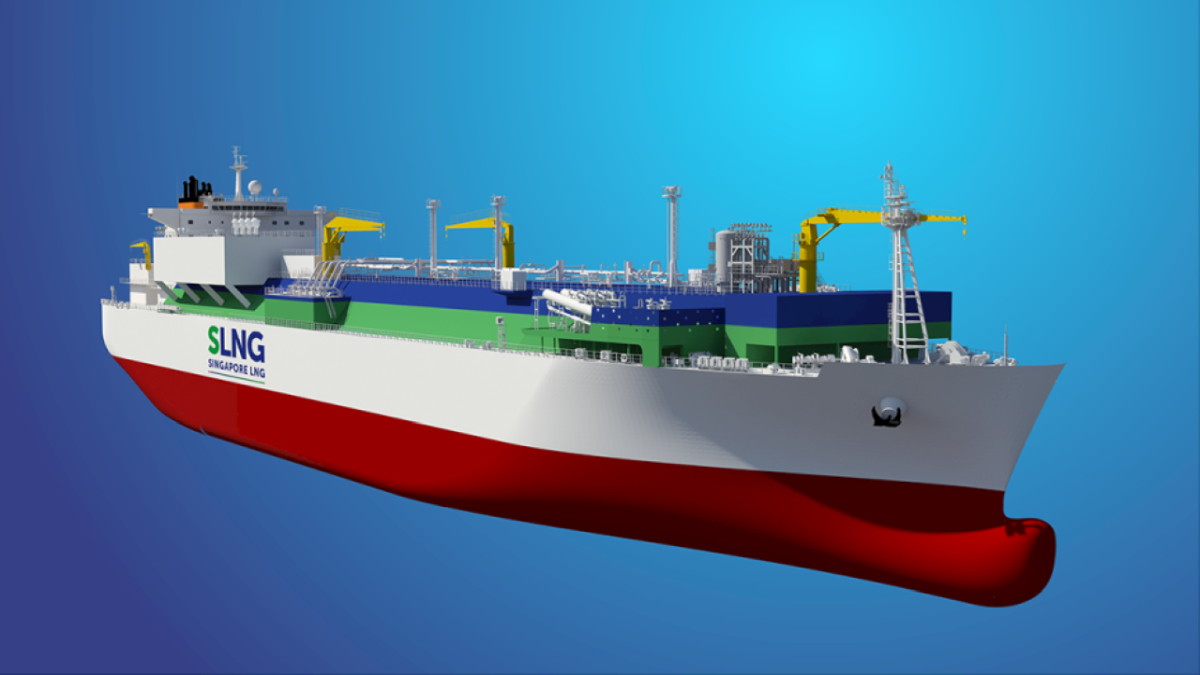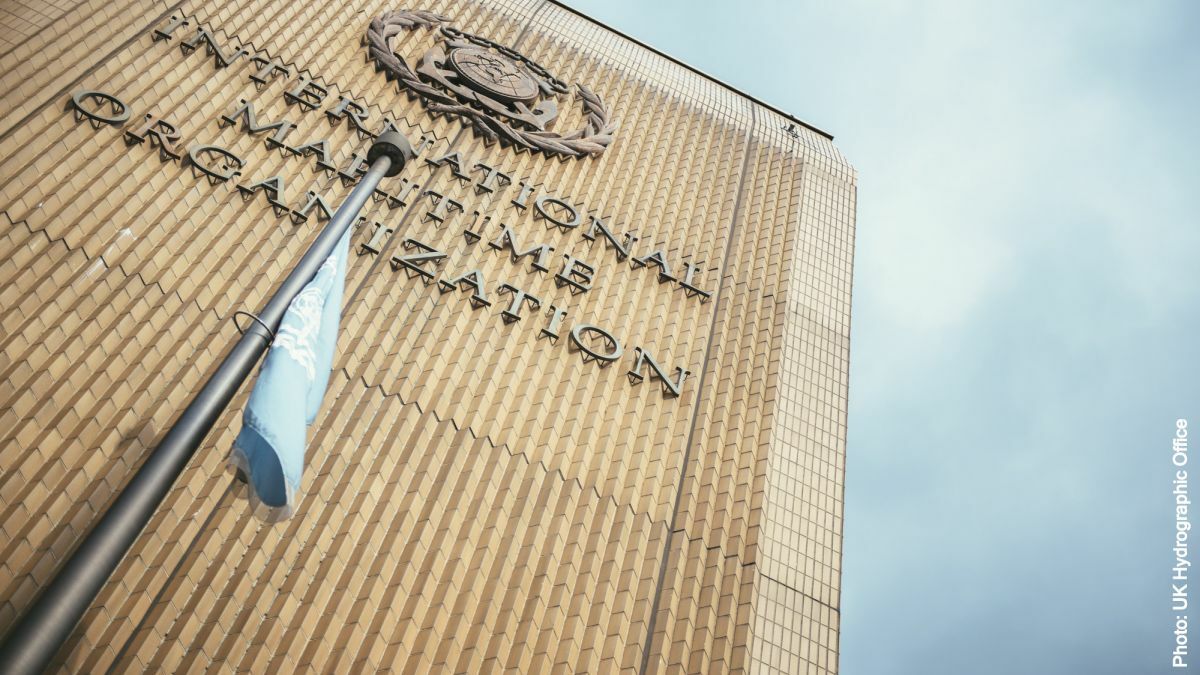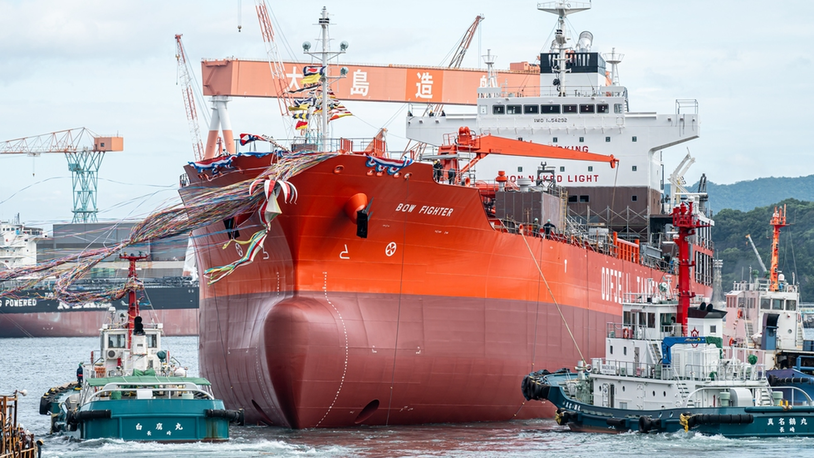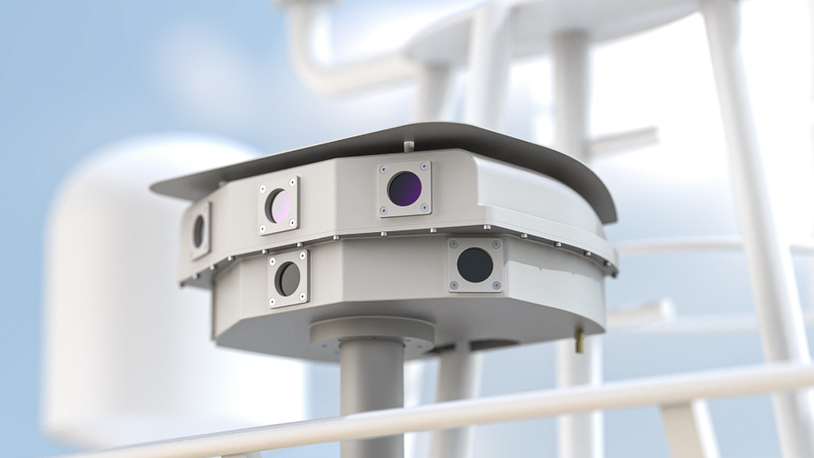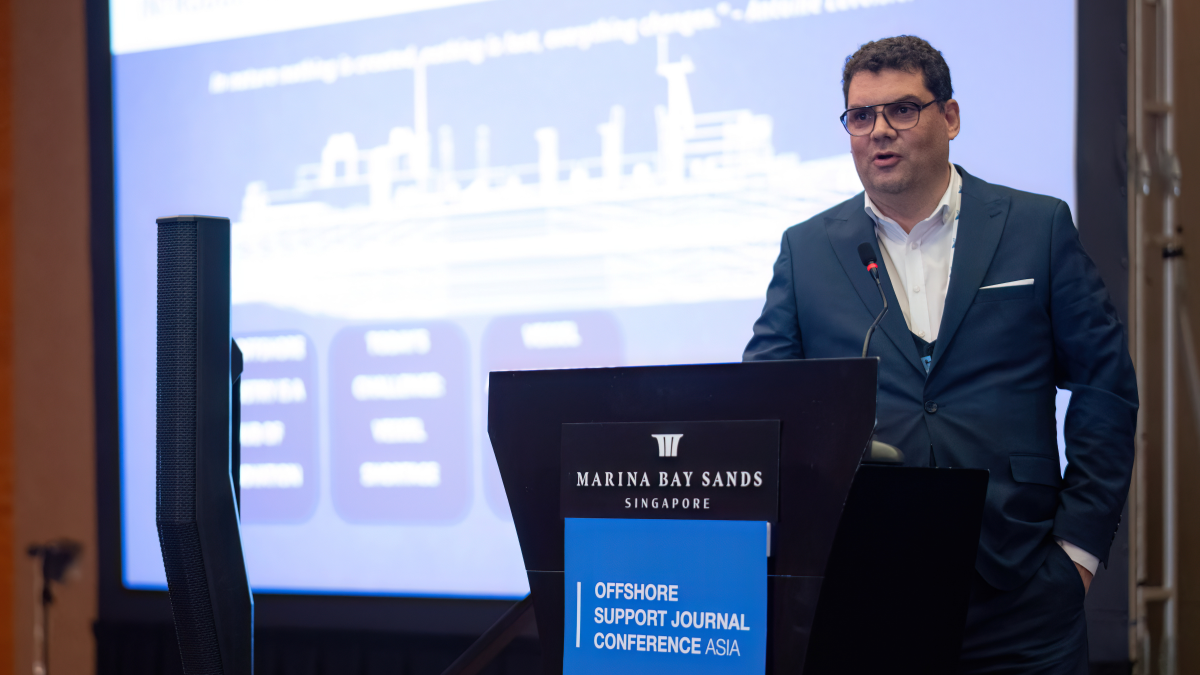Business Sectors
Events
Offshore Wind Webinar Week
Contents
Register to read more articles.
Fuel and emissions savings: masters vs AI-driven voyage optimisation
One of the key challenges in gaining the operational and environmental benefits of computer-assisted voyage optimisation and weather routeing is convincing masters of its trustworthiness
Ship captains are ultimately responsible for these multi-million-dollar assets sailing between ports, often through adverse weather and sea states, and are often sceptical about voyage plans optimised by artificial intelligence (AI) over their own experience.
Which is why using multiple sources of validated data, increasing the accuracy of ship digital twins and comparing AI-generated optimised plans with historic routes will help build trust in computer programs and passage plans.
Syroco has worked hard to display optimised routes using layers of real-time and real-life data ship models and weather information to masters to convince them to follow these routes to lower fuel consumption and emissions.
It uses forecast and hindcast weather data from reputable third parties, accurate digital twins that are recalibrated after voyages and historic route information on fuel use and conditions encountered.
Trust on route recommendation is a major issue, said Syroco sales manager Kevin Ouadec during Riviera’s Harnessing data and nature: cutting maritime emissions through advanced technology webinar, which was held on 18 November during Riveria’s
Syroco compares weather data and AI-generated optimised voyages to understand whether they are accurate and present the information to ship masters before, during and after voyages to gain their trust.
“We reassess the calculation with these digital twins for the highest accuracy,” said Mr Ouadec. It is recalibrated using machine learning and with sensor measurements and changes to ship schedules and estimated times of arrival to optimise fuel consumption.
Syroco builds weather routeing and voyage optimisation to reduce CO2 emissions and fuel consumption using various grey-box models – of bulk carriers, container ships, tankers and cruise ships – using seakeeping parameters, wave and hydrodynamic models and operational data from sensors, said Mr Ouadec.
It provides AI and physics modelling of vessel behaviour in any condition and uses meteorological and oceanographic data to simulate optimised voyages
Syroco uses real-time voyage data and provides information to ship masters on optimised routes, draught and trim. “We offer seafarers advice with data before, during and after voyages, to build trust and provide route suggestions for reduced fuel consumption,” said Mr Ouadec. “We have found significant fuel savings compared with master original routes.”
Siemens Energy has saved some shipowners around US$500,000 on fuel by using digitalisation to optimise energy consumption on ships and other assets.
It manages complex, large fleets for owners using digital twins, performance monitoring, real-time data and analytics, and energy information processing and optimisation.
“We can take care of the full lifecycle of the fleet,” said Siemens Energy product manager for maritime and offshore digitalisation, Patrick Mueller. “We are using lot of technology solutions, cyber security, asset safety and integrity.”
This includes improving the uptime of vessels, maintenance of machinery, and optimising onboard energy consumption during voyages and in port.
In an example of what is possible from digitalising a vessel or fleet, Mr Mueller said one owner had saved around US$500,000, or 4 kilotons (kT) of fuel or 4,700 tonnes CO2, per year from a vessel that uses about 31 kT per annum. These fuel savings are from using shore power while in port and EcoMain vessel optimisation during voyages.
Deltamarin, as a naval architect, has proven energy efficiencies of up to 50% are possible using various fuel-saving technologies, such as wind sails, controllable-pitch propellers, solar panels, power take-in and power take-out units, shaft generators, batteries, ultrasound antifouling and air lubrication.
For an ultra-large bulk carrier sailing on regular routes, it would be practical to cut the in-built average propulsion power 6 MW to 3 MW, said Deltamarin research and development manager Mia Elg.
This is based on routes provided by Cargill and implementing most of these energy-saving technologies on a newbuild. “Up to 40-50% energy savings are possible with technology combinations,” said Ms Elg. This is versus a baseline of not using any of them.
“It is not just about technology, but how they work together and then optimise the machinery.”
These technologies can be used in vessel retrofits to benefit from energy optimisation.
“When looking at decarbonisation, it is important to look at the operational profile and external forces acting on the ship,” said Ms Elg. “We can simulate the ship and analyse the machinery, and we can use digital twins during the lifetime.”
Webinar poll results
Attendees were asked to vote on a series of poll questions during the webinar. Here is a summary of the results.
What is most important in a digital platform?
Real-time optimisation: 21%
System integration: 23%
Ease of use: 25%
Proven results: 31%
How do you prioritise digital investments?
Fuel efficiency gains: 51%
Maintenance optimisation: 10%
Regulatory compliance: 22%
Operational visibility: 17%
What is your biggest digital transformation challenge?
Data integration: 43%
Cyber security: 13%
Return-on-investment validation: 23%
Staff adoption: 21%
How do you currently optimise vessel routeing?
Advanced AI solutions: 13%
Traditional weather routeing: 54%
Manual planning: 33%
What is your biggest challenge with voyage optimisation?
Weather forecast reliability: 29%
Real-time data integration: 26%
Performance validation: 21%
Operational constraints: 24%
When evaluating complex decarbonisation solutions, what matters most?
Proven technology interaction: 48%
Operational flexibility: 18%
Simple maintenance: 9%
Clear performance metrics: 25%
What do you see as the biggest barrier to adopting multiple energy-saving technologies?
Initial capital cost: 51%
Operational complexity: 16%
Technical reliability: 5%
Performance validation: 28%
(Source: Riviera)
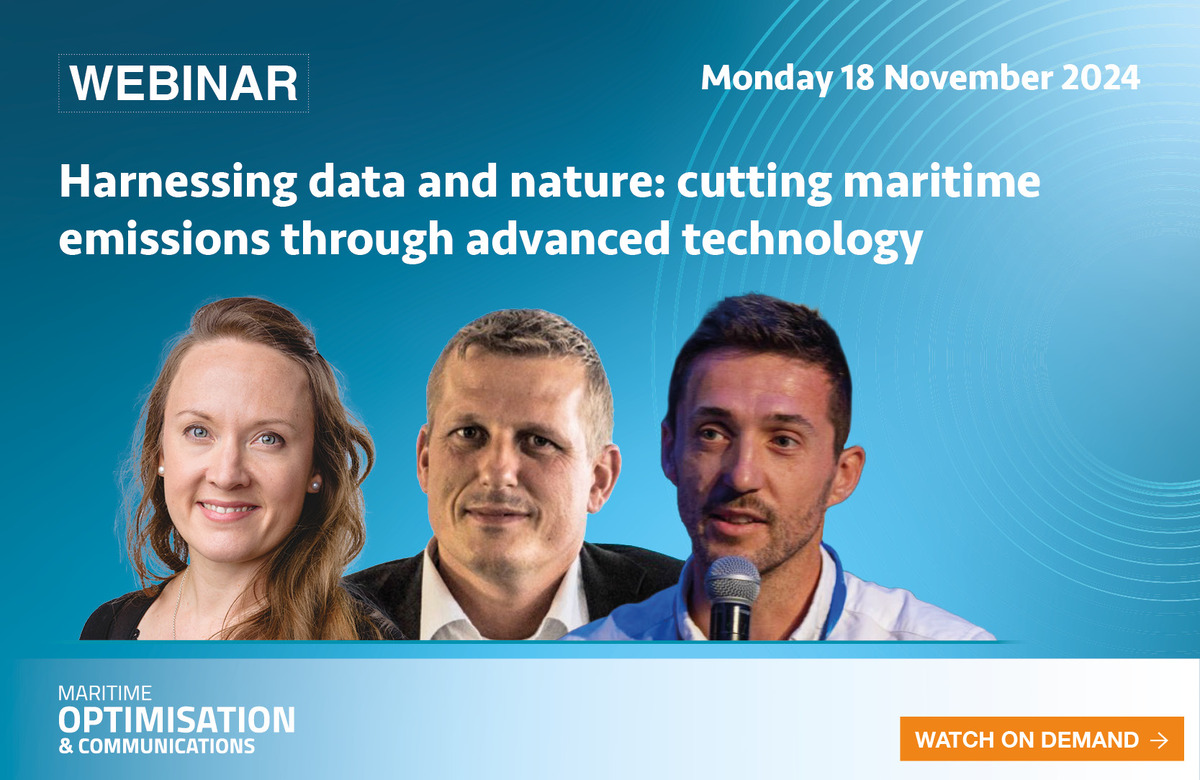
Harnessing data and nature: cutting maritime emissions through advanced technology webinar: (left to right) Deltamarin research and development manager Mia Elg, Siemens Energy product manager for maritime and offshore digitalisation, Patrick Mueller, and Syroco sales manager Kevin Ouadec.
Related to this Story
Events
Offshore Wind Webinar Week
Maritime Decarbonisation, Europe: Conference, Awards & Exhibition 2025
Offshore Support Journal Conference, Americas 2025
© 2024 Riviera Maritime Media Ltd.


